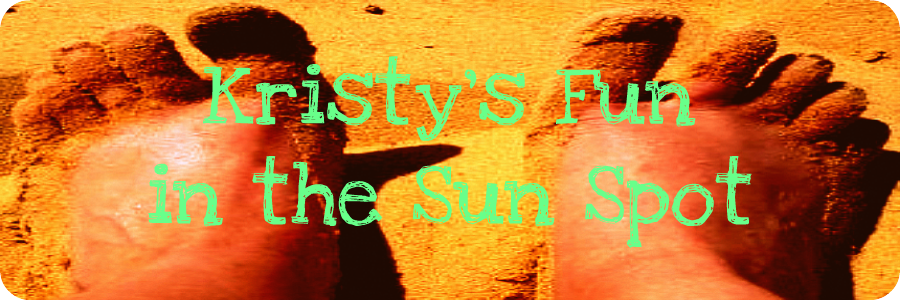2. For the first time I was not that impressed with this section of the book, at least the first chapter. During the month of September, pretty much all they talked about was how there was an accident in the Cheakamus River. A Railway train rain off the tracks straight into the river dumping sodium hydroxide solution. This killed all the fish in the river system, which affected James and Alissa because they planned on eating those fish all winter. This section they mainly addressed history and other food crises that occurred. The next month, October, turned out to not be a bright one. James and Alissa were facing some major relationship issues. They have been together for 13 years, and the 100 Mile Diet was really pushing them to their limits with each other. No conclusion yet how their relationship will play out, so I will keep you posted. In November they started to learn what a hit they were becoming. People in France and Norway wanted their secrets, recipes, and wanted to hear them speak. Their blog was booming. And finally, they got flour. November had started another potato month with summer goodies fading away. The wheat they had gotten previously but weren't eating a lot of due to mouse poo had been infested with bugs so it was definitely a no go. It was heaven when they got flour.
3. In my chapter of a history lesson, I stumbled upon the word paleoecology. Paleoecology is the study of fossils and subfossils to determine past ecosystems. It actually sounds really interesting to me. Another new word I found was shuck. Simply put, a shuck is the husk of an ear of corn. I had never heard this term before though. Some significant things I learned about in this section include that they have been at this for 9 months and are actually doing it. One point that they make is that they had no idea some things were grown locally. I think this is the case with most people. They have no idea what their local environment actually has to offer. This is something all people should start to pay attention to.
4. I do not think it could be any more obvious how awesome what they are doing really is. They are living off the earth how it is intended to be. No processed foods, no shipping and transporting of goods, simply living on whatever nature provides for them at that given part of the year. I wish we could all take this and make a small step towards implementing this into our own lifestyles. As I pointed out in the beginning of the post, people all over the world were hearing about this 100 Mile Diet and were curious about it. Thus they wanted to learn more and try to be apart of it. Hopefully we can create a snowball effect with this. Someone tries it in a different area, and then they encourage someone else to, and they encourage another to, and so on. This is a way that we can have a real beneficial impact to our environment. I can only hope others catch on to this the advantages for themselves and the Earth.


Their story is really inspiring. At first it started out extremely hard for them but throughout the book they are progressing so much, it is inspiring for me to try and eat more locally! It would have a great benefit to my health and the environment.
ReplyDeleteI think thats great that they had followers interested in their journey, who I'm sure inspired James and Alissa to continue on, even if it got rough sometimes. I could only imagine how thankful they were when they received flour, considering how many meals they can make with it.
ReplyDeleteI think how people heard about the 100 mile diet and jumped on represents how far a positive lifestyle change can go. People see others doing something and they, too, want to join in on it. It signifies decreasing our carbon footprint, and many other things people have adapted to in the last generation.
ReplyDeleteI wonder if they tried other types of foods because what it seems is that they didn't explore other cultural foods. It's still interesting to hear about their adventure. I still wonder how they can last eating just potatoes. What were the different ways that they ate it? Did they share that part?
ReplyDeleteI think they would have tried cultural foods, if they were available. But being in Canada and only having 100 miles to look for food, there weren't as many options as you would think. They said they had tried many different styles of food, meaning they make things differently than they used to eat it. And yes they ate potatoes different ways. Obviously, mashed or baked, but also as patties, or "bread," and hashbrowns.
ReplyDeletethat was a big word....the one that starts with a "P" This was an interesting article to read about. Potatoes? They can be used for lots of things, people use to use them as hand warmers in the winter.
ReplyDeleteThe book sounds like it's very inspiring. I never really thought too much about a 100 mile diet, in fact until you picked this book I would have never known what that was even. Now it's something that I really want to do!
ReplyDelete